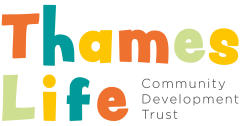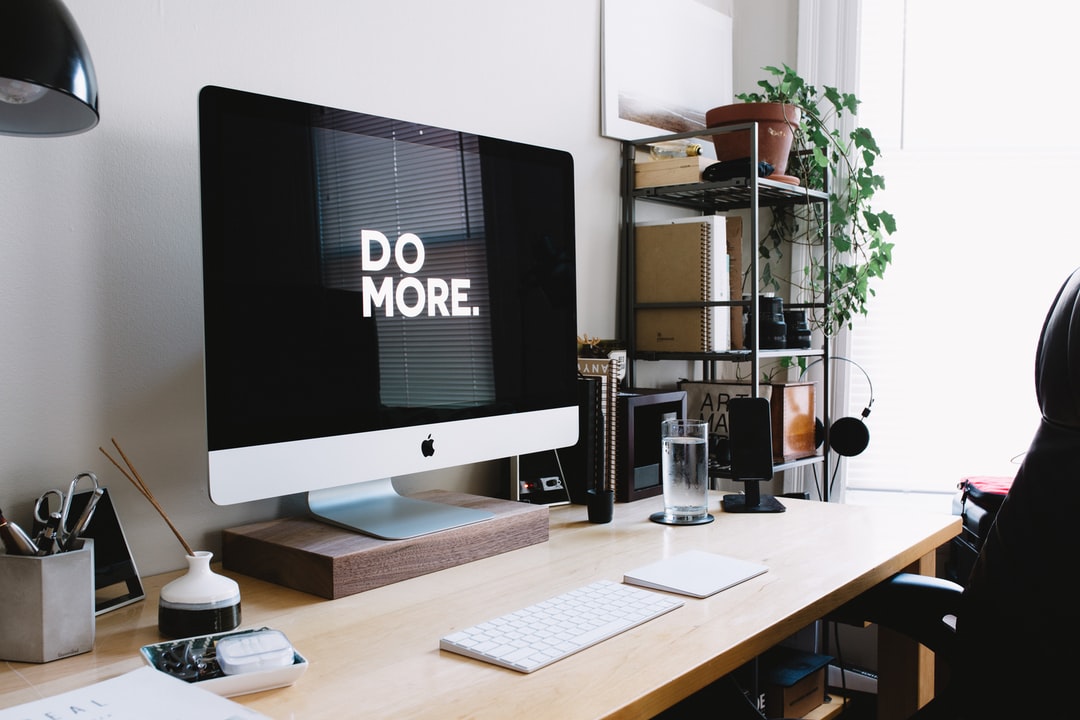We are revisiting our strategic plan over the next few months. The last one we had was geared very much around the priorities of our 2017 reaching communities Lottery bid before we even had resident trustees or staff. The fundamentals of the plan I worked to was essentially set out in advance – kind of like painting by numbers. There was room for interpretation and innovation, but I was aware of, and appreciated, the framework set out ahead of time. The objectives were fourfold with work focused on cohesion, health, skills and environment and by 2020, to have in place a community development trust (CDT). When it came to values our 2017-2020 plan will show we came up with these:
-
Energizing and empowering
-
Entrepreneurial and can-do
-
Relational approach
-
Transparency and accountability
-
Inclusive
My older self looks back and thinks, okay not the worst but plenty of bingo buzzwords that mean what exactly? Paulo Freire, a Brazilian community educator wrote that to speak a true word is to transform the world. Speaking a true word meaning something genuinely and unreservedly coming from the heart of oneself and one’s experience of the world – not sure the above list does that. Looking back they feel mediated by professional jargon; my bad.
At a recent discussion with trustees and staff led by Locality – ahead of board games people brought with them as a DIY social and refreshments sourced from a local resident business (happy to recommend), I jotted down the kind of words I wanted to be central as values for our new plan: kindness, vulnerability; solidarity. They ended up on a stick-it note somewhere and may or may not make the cut as and when the plan gets signed off but I’m already feeling good about them.
I’m sure we’ve all spent time over lockdown thinking about what is important to our lives; lots of people have suddenly left their jobs, moved away, simplified things. Maybe that is part of what is on my mind – the appreciation we feel when someone asks how we are, when mutual aid networks reach out door to door, street by street. The currency of kindness. It is not forced or regimented; it flows out from communities.
I think the pandemic has also shown us how vulnerable we all are – how quickly everything can change, how little control we have. I’ve been thinking that maybe our vulnerability is actually our superpower. I’ll have to explain this one. Normally I bang on about structures – and that power resides with public and private sector bodies; with politics and money. Normally I resist platitudes that claim it’s all about relationships as a partial truth at best. At worst a con. But it struck me, all the people I admire and respect are people who have struggled, suffered and in doing so grown and remained open and accessible. Some kinds of power, where people fear you, are probably not worth having, so just maybe vulnerability is where our creativity and potential combine to empower us – individually and collectively. You’ll have to tell me if that makes any kind of sense.
Soon after I started working in Thames Ward the council’s director of participation told me the view from on high was that I was ‘old fashioned’ in my approach to community work. Pot, kettle, black. I didn’t really understand why but I imagine having an independent thought process can be alarming if you are not used to it. Solidarity is an old school word; it is not trendy, it smacks of another age, but I reached for it anyway, as my third value. Strip it down and it means being there for people, having their back. I’ve always worked in the voluntary sector and I rarely see much solidarity but when I do I want to hold it close. A youth worker friend of mine, who died earlier this year, always told me the way to get the sector to fight amongst itself was to leave a five pound note on the table. Divide and rule is a powerful thing. My thought: we are divided and ruled until such time as we choose not to be, and then everyone wins.
My final word I jotted down was enterprise, I didn’t highlight it here because it has a distance to it at odds to the rest of the blog. My experience of Thames Ward is not of voluntarism – that doing stuff for free and let organisations with money drop a few crumbs, is not going to work out. Kindness, vulnerability and solidarity are things to be and do – they are enterprising and creative; they don’t work if they are fenced in. The pandemic has shown that control can be illusory but the re-set that is taking place can be liberating, depending on how we go about planning for it.
TWCP Director



